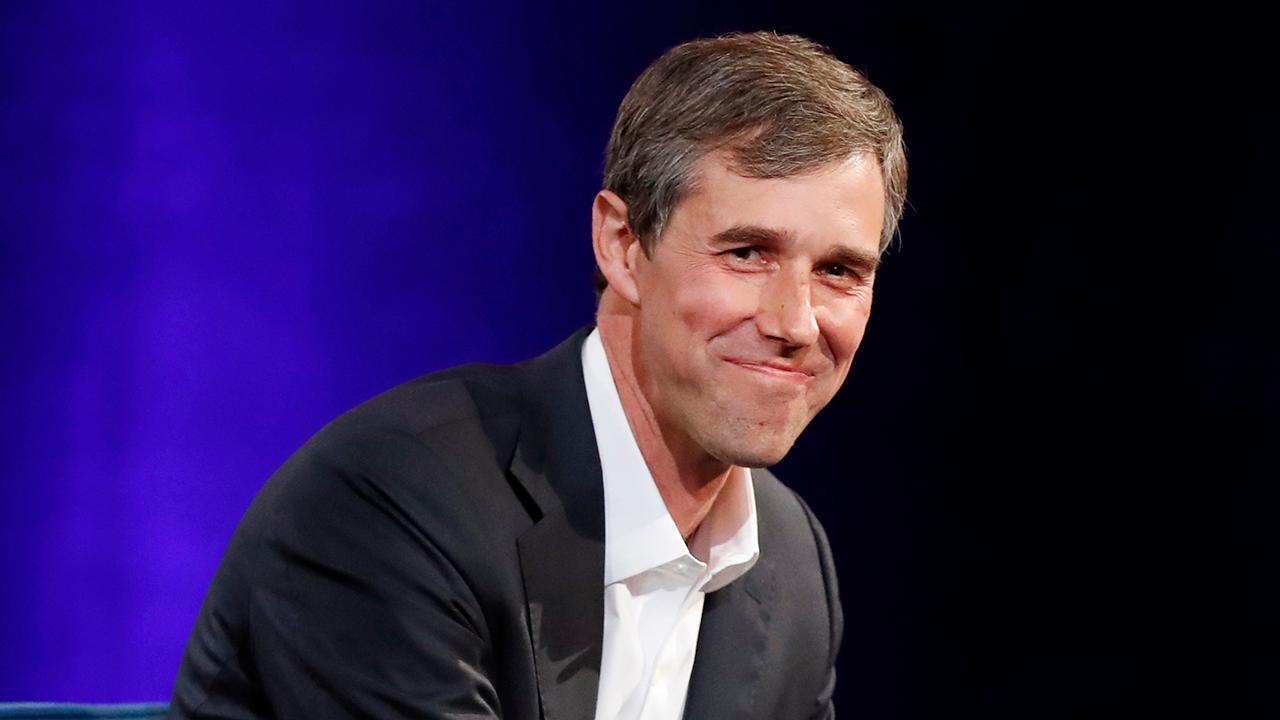What Beto O'Rourke gets wrong about the middle class and American wealth
The race for the 2020 Democratic nomination has turned into a competition to tax and spend your money. Apparently, it is also a competition as to who can make the most false claims about America. Former Texas Rep. Beto O’Rourke won’t be outdone in either regard, including his claims about America and its middle class.
O’Rourke is one of the many Democrats running for president pushing socialist ideas. While he has flip-flopped somewhat on the issue, he has in the past shown support for government health-care, which includes a $3.2 trillion price tag. According to the New York Times, he “spoke positively about the Green New Deal” at a recent town-hall event with Columbia University students. He also supports universal pre-school and free community college.
These agendas, if enacted, would double the federal budget overnight and make government spending more than half of the U.S. economy. Although O’Rourke claims he is a capitalist, this type of government spending would push America on the path toward socialism.
In order to garner support for his leftist views, like many of the other Democratic candidates, O’Rourke regularly misrepresents the state of America. Recently, O’Rourke said capitalism is "unfair, unjust, and racist." He also posted this on twitter:
Let’s be clear, it is patently false that there is an “unprecedented concentration of wealth, power and privilege in the United States.” Beyond that, America’s middle class is the strongest in the world and receives enormous public benefits.
From Rockefeller to Bezos
As for the concentration in wealth, the young O’Rourke is apparently unaware that by far the most lopsided concentration of wealth occurred in the late 1800s. It was the age of industrial titans. By some counts, Andrew Carnegie and John D. Rockefeller, alone, were worth over $700 billion in today’s money. That’s equivalent to the net worths of today’s top 10 richest Americans combined.
At his height, Rockefeller owned 90 percent of the oil production in the United States. His hard assets, according to Forbes, “equaled 1.5 percent of America’s total economic output” – more than double Jeff Bezos purported worth today.(Which is comprised mostly of Amazon stock.) Rockefeller would have had much more but for charitably giving a huge percentage of his wealth away en route to his final fortune.
| Ticker | Security | Last | Change | Change % |
|---|---|---|---|---|
| AMZN | AMAZON.COM INC. | 210.32 | -12.37 | -5.55% |
As Rockefeller first gathered his wealth, along with Andrew Carnegie, Cornelius Vanderbilt, J.P Morgan, Henry Ford and others, America did not have a middle class.
To the contrary, at the beginning of the American Industrialization, as workers migrated to cities, not only had the middle class yet to emerge -- but worker’s wages were extremely low. The average worker made less than $500 per year ($10,000 per year in today’s dollars) and benefits were almost non-existent.
In time, however, the middle class did emerge. That occurred, in significant part, because of income inequality. Rockefeller’s wealth jump-started the oil industry. Carnegie’s wealth helped do the same for steel. Vanderbilt switched from shipping to railroads, helping transportation span the continent.
CLICK HERE TO GET THE FOX BUSINESS APP
All of these titans laid the foundation for the American economy to dominate world commerce. They also helped foster the opportunity and jobs that were the foundation of our hard-working middle class and America’s unprecedented standard of living.
Thomas G. Del Beccaro is the author of "The Divided Era."




















